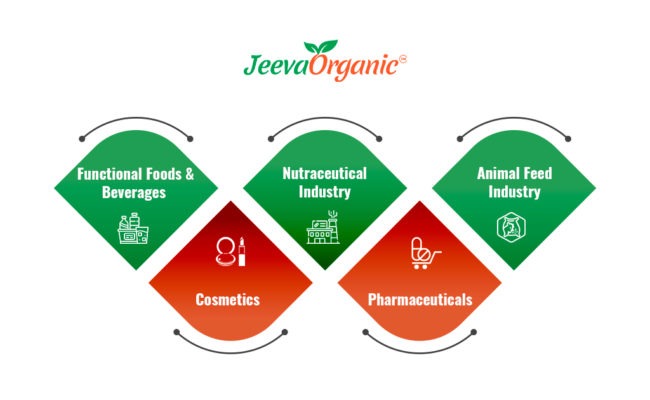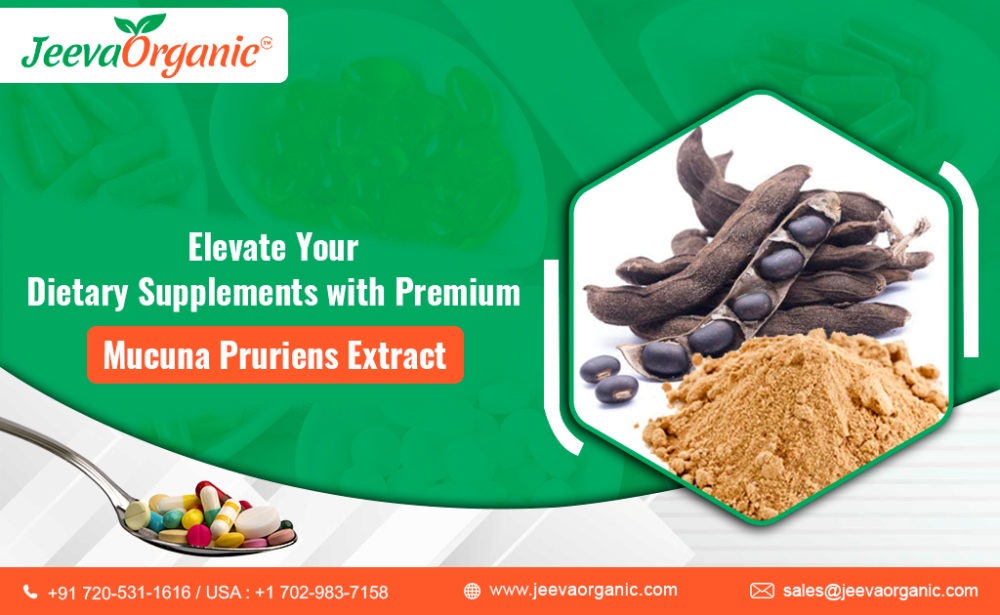Mucuna pruriens extract, derived from the velvet bean, has become a sought-after ingredient in the dietary supplement market. Its potential health benefits have garnered significant interest from consumers, making it a strategic addition to your product portfolio. However, navigating the complexities of sourcing high-quality Mucuna pruriens extract is crucial for ensuring the efficacy and safety of your dietary supplements. This B2B blog delves into key considerations for securing a reliable and reputable supplier.
1. Prioritizing Quality and Consistency:
-
Standardized Extracts: Look for suppliers offering standardized Mucuna pruriens with consistent L-Dopa content. This ensures consistent product efficacy across batches and allows you to formulate reliable dietary supplements.
-
Third-Party Certifications: Independent certifications from recognized bodies like USP or NSF International provide valuable assurance regarding purity, potency, and contaminant absence.
-
Rigorous Quality Control: Choose a supplier with a robust quality control program in place. This ensures consistent product quality and minimizes the risk of contamination.
2. Mitigating Potential Issues:
-
Dehairing Processes: Mucuna beans naturally contain irritating hairs with L-canavanine, which can cause digestive discomfort. Effective dehairing processes are essential to eliminate these irritants and enhance the overall tolerability of your final product.
-
Solvent Selection (if applicable): While solvent-based extracts may offer higher potency, meticulous quality control is necessary to eliminate residual solvents that could pose health risks. Opt for water-based extracts if you prioritize a natural profile.

3. Ethical Sourcing and Sustainability:
-
Sustainable Practices: Partner with suppliers who prioritize responsible cultivation methods and fair-trade practices. This not only aligns your brand with ethical consumer values but also ensures long-term product availability.
-
Botanical Identity Verification: Certificates of Analysis (COAs) verifying the extract’s botanical origin as Mucuna pruriens are crucial to deter adulteration and guarantee product authenticity.
4. Building a Strong Supplier Relationship:
-
Reputation and Track Record: Conduct thorough research to understand the supplier’s reputation within the industry. Look for companies with a proven history of quality, consistent supply, and excellent customer service.
-
Transparency and Communication: Open communication with your supplier is essential. Discuss your specific needs, desired extract properties, and quality control procedures to ensure they align with your expectations.
Key Take Away
By prioritizing these factors, B2B dietary supplement companies can source high-quality Mucuna pruriens extract and formulate products that deliver consistent results and meet consumer expectations. Remember, partnering with a reliable supplier is not just about acquiring an ingredient but about building a strategic alliance that ensures the success and long-term viability of your Mucuna pruriens-based dietary supplement line.

